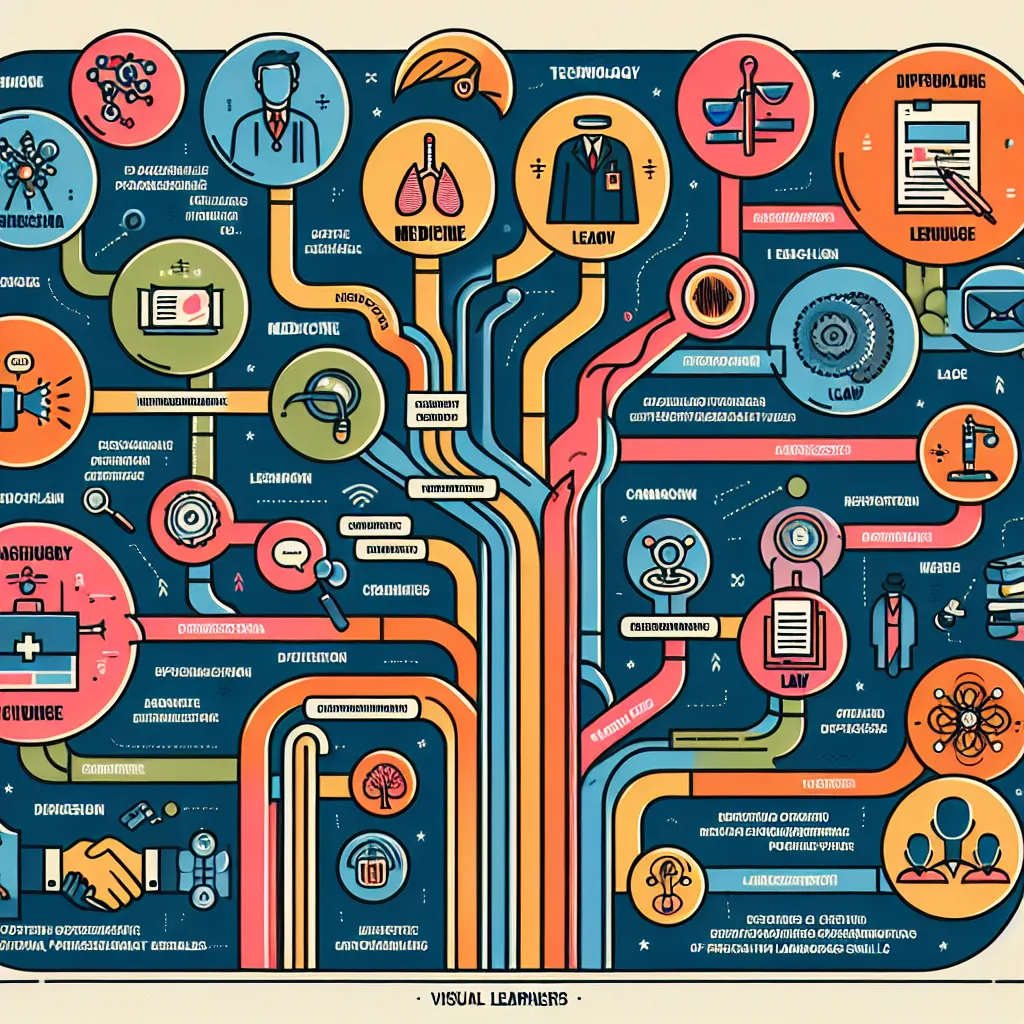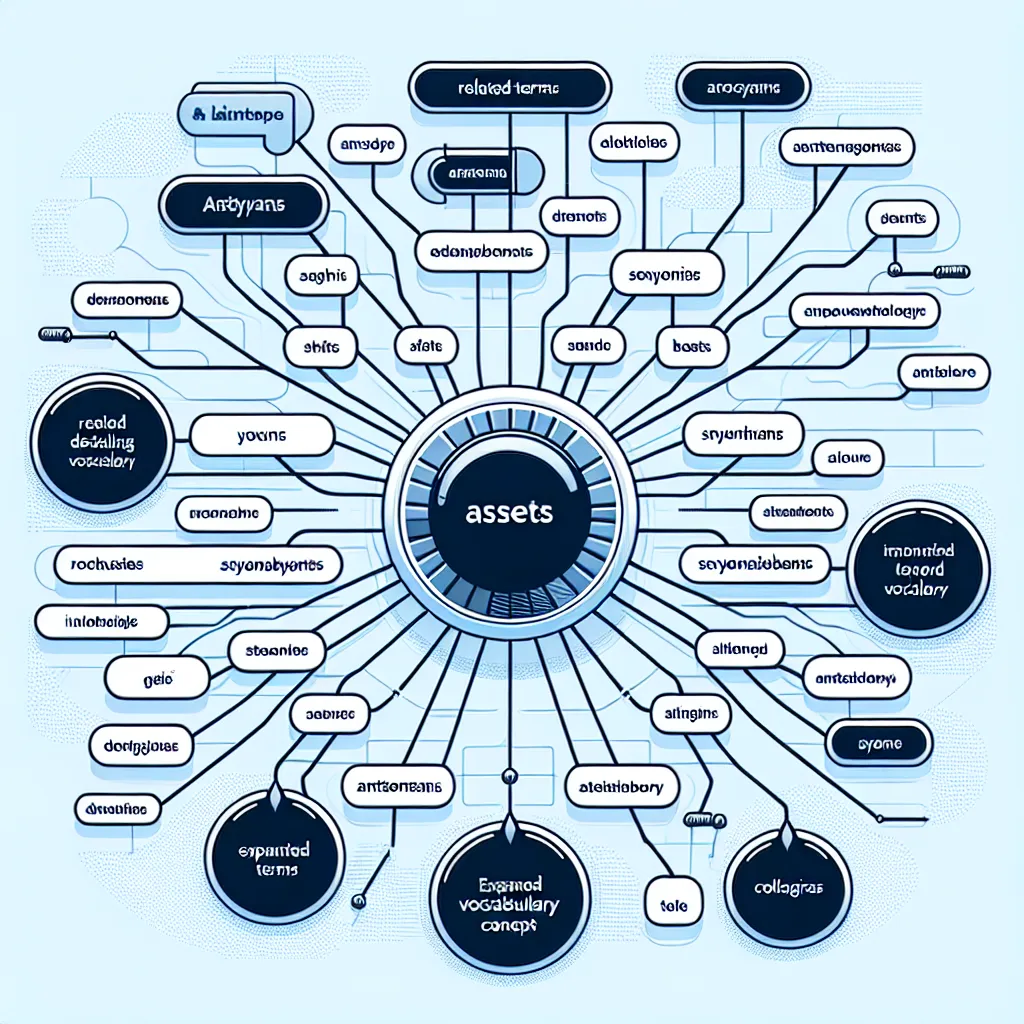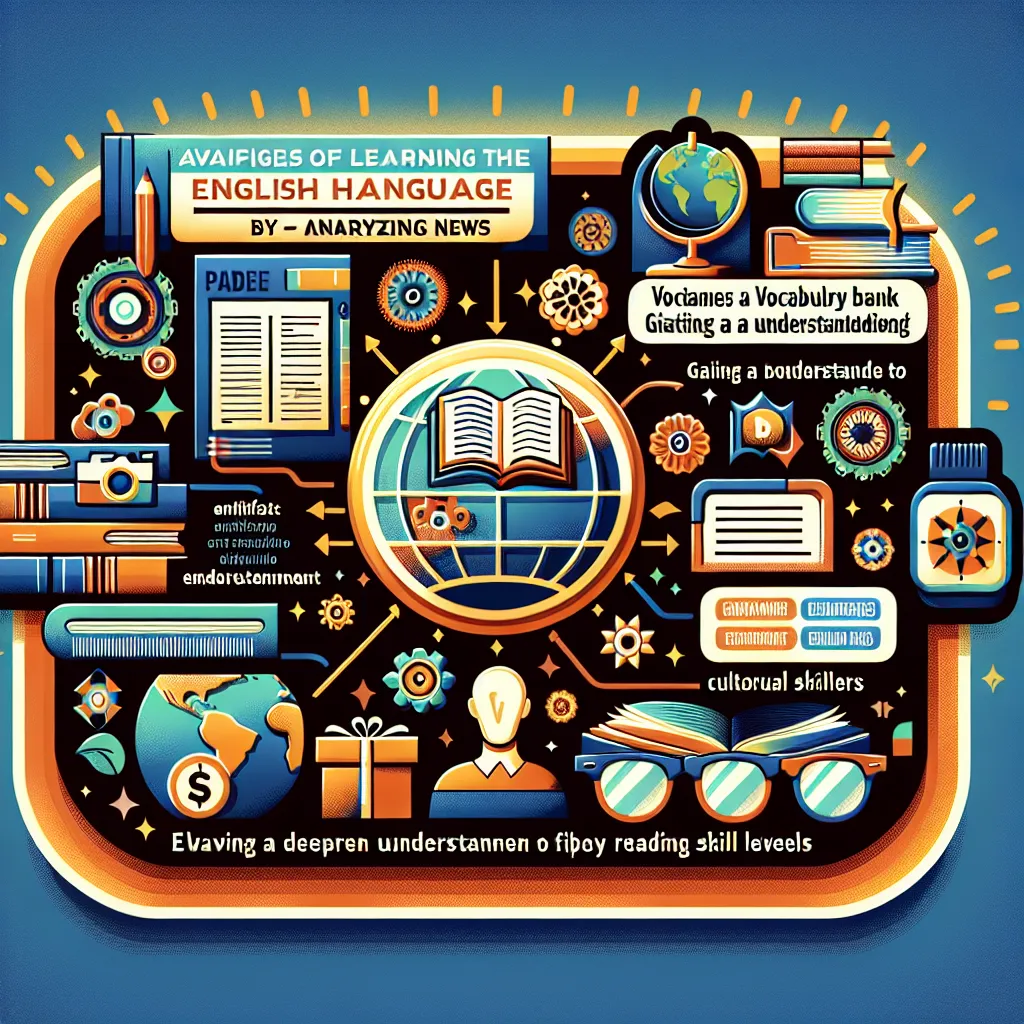Are you looking to expand your English vocabulary in a particular field? Whether you’re a student, professional, or language enthusiast, developing a specialized vocabulary can significantly boost your language skills and career prospects. In this comprehensive guide, we’ll explore effective strategies for enhancing your English vocabulary in specific fields, providing you with practical tips and resources to accelerate your learning journey.
Why Focus on Field-Specific Vocabulary?
Before diving into strategies, it’s crucial to understand the importance of field-specific vocabulary. In today’s globalized world, proficiency in English is often not enough; you need to speak the language of your industry or academic field. Here’s why:
-
Enhanced Communication: Field-specific vocabulary allows for more precise and efficient communication with colleagues, clients, or peers in your area of expertise.
-
Career Advancement: Mastering the terminology of your field can open up new job opportunities and help you excel in your current role.
-
Academic Success: For students, understanding and using specialized vocabulary is often crucial for comprehending course materials and producing high-quality academic work.
-
Confidence Boost: Knowing the right words in your field can significantly increase your confidence when speaking or writing in English.
 Field-specific vocabulary chart
Field-specific vocabulary chart
Strategies for Building Field-Specific Vocabulary
Now, let’s explore some effective strategies to enhance your English vocabulary in your chosen field:
1. Immerse Yourself in Authentic Materials
One of the most effective ways to learn field-specific vocabulary is through immersion in authentic materials. This strategy involves:
- Reading academic journals, trade publications, and industry news related to your field.
- Watching lectures, documentaries, and professional presentations on platforms like YouTube or TED Talks.
- Listening to podcasts or audiobooks that discuss topics in your area of interest.
For example, if you’re in the field of computer science, regularly reading tech blogs like TechCrunch or watching coding tutorials can expose you to relevant terminology in context.
2. Create a Personalized Vocabulary Journal
Keeping a vocabulary journal is an excellent way to track and review new words. Here’s how to make it effective:
- Divide your journal into sections based on different aspects of your field.
- For each new word, write down:
- The word itself
- Its definition
- An example sentence using the word in context
- Any synonyms or related terms
- Review your journal regularly, perhaps dedicating 15 minutes each day to go over recent entries.
3. Utilize Specialized Vocabulary Apps and Software
There are numerous apps and software programs designed to help learners build vocabulary in specific fields. Some popular options include:
- Quizlet: Create flashcards and play games to memorize field-specific terms.
- Anki: A spaced repetition software that helps you remember words more efficiently.
- Memrise: Offers courses in various fields with vocabulary tailored to different professions.
These tools can make learning more engaging and help you track your progress over time.
4. Engage in Professional Discussions
Actively participating in discussions related to your field is an excellent way to practice using new vocabulary. Consider:
- Joining online forums or discussion groups in your field.
- Attending webinars or virtual conferences.
- Participating in language exchange programs with professionals in your field from other countries.
For instance, if you’re in the medical field, joining a platform like MedicalEnglish.net can provide opportunities to engage with peers and practice medical terminology.
5. Use the Vocabulary Expansion Technique
This technique involves expanding your knowledge of a word by exploring related terms:
- Start with a core term in your field.
- Look up its definition and synonyms.
- Explore antonyms and related concepts.
- Find collocations (words often used together) with the term.
For example, if you’re in finance and start with the term “assets,” you might explore related concepts like “liabilities,” “equity,” “balance sheet,” and “asset allocation.”
 Vocabulary expansion diagram
Vocabulary expansion diagram
6. Leverage Corpus Linguistics
Corpus linguistics tools can provide valuable insights into how words are used in your specific field. Resources like the Corpus of Contemporary American English (COCA) allow you to:
- See how frequently certain words are used in academic or professional contexts.
- Understand the most common collocations and phrases associated with key terms in your field.
- Compare usage across different genres or disciplines.
7. Create and Solve Field-Specific Crosswords
Designing your own crossword puzzles using field-specific vocabulary can be an engaging way to reinforce your learning. You can use online tools like Crossword Labs to create puzzles and share them with peers for mutual learning.
Important Considerations
As you work on enhancing your field-specific vocabulary, keep these points in mind:
- Context is Key: Always learn new words in context to understand their usage accurately.
- Quality Over Quantity: Focus on mastering a core set of terms rather than trying to memorize every possible word.
- Regular Review: Consistently review and use new vocabulary to ensure long-term retention.
- Stay Updated: Fields evolve, and so does their vocabulary. Stay current with the latest terms and usage in your area.
Next Steps
Now that you have a toolkit of strategies, it’s time to put them into practice:
- Choose one or two strategies to start with and implement them consistently for a month.
- Set specific goals, such as learning 10 new field-specific terms each week.
- Find a study partner or join a study group focused on your field to practice and stay motivated.
- Consider taking a specialized English course in your field, such as English for Academic Purposes for academic writing or Business English for professionals.
Remember, enhancing your field-specific vocabulary is an ongoing process. Be patient with yourself and celebrate your progress along the way. With consistent effort and the right strategies, you’ll soon find yourself communicating more confidently and effectively in your chosen field.
Do you have any favorite strategies for learning specialized vocabulary? Share your experiences and tips in the comments below!




